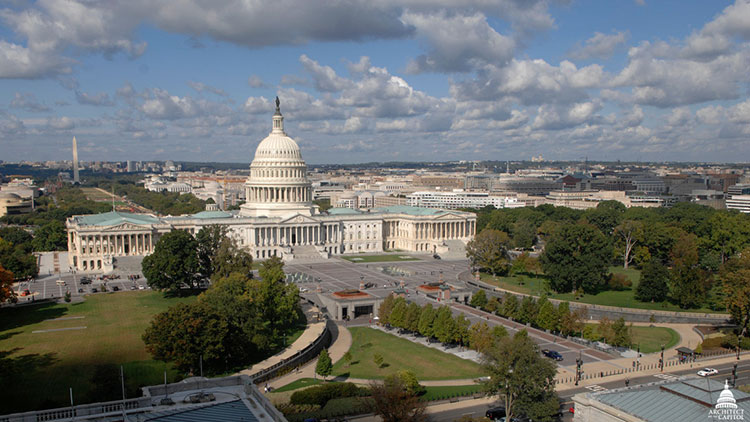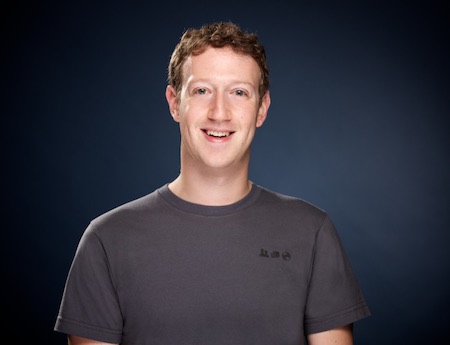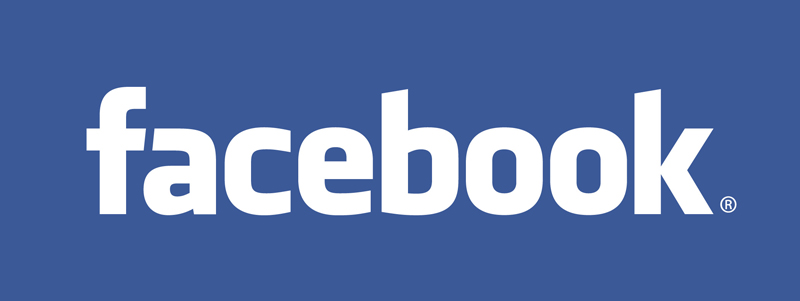Zuckerberg: We Didn't Do Enough to Prevent Fake News

The smarter way to stay on top of broadcasting and cable industry. Sign up below
You are now subscribed
Your newsletter sign-up was successful
Facebook founder Mark Zuckerberg is coming to Washington with a mea culpa and a pledge to do better.

That is according to Zuckerberg's written testimony prepared for a Wednesday hearing in the House Energy & Commerce Committee.
"[I]t’s clear now that we didn’t do enough to prevent these tools from being used for harm as well," he told the committee.
"That goes for fake news, foreign interference in elections, and hate speech, as well as developers and data privacy," he added. "We didn’t take a broad enough view of our responsibility, and that was a big mistake. It was my mistake, and I’m sorry. I started Facebook, I run it, and I’m responsible for what happens here."
Related: Newspapers to Zuckerberg: Get 'Real'
Zuckerberg said that was a result of the way Facebook evolved as a company, idealistic and optimistic and focused on connecting people for good. He pointed out that the #MeToo and the March for Our Lives were organized in part because of Facebook.
Zuckerberg said that it was not enough to connect and that Facebook would work to make those connections positive.
The smarter way to stay on top of broadcasting and cable industry. Sign up below
Related: Hill Needs to Require Opt-in for Web Info Sharing, Charter's Rutledge Says
Zuckerberg outlined what the company is doing in response to the Cambridge Analytica data sharing issue, which prompted the hearings, as well as Russian interference in the U.S. that used Facebook as one of its tools, saying Facebook should have spotted that Russian interference earlier.
That includes making sure that developers, like the one that shared Facebook user data with Cambridge Analytica in violation of Facebook policies, could not get access to "as much information" going forward, limiting the amount of data supplied to an app when it is downloaded.
Related: Facebook Boosts Political Ad Disclosures
He also said Facebook is investigating every app that accessed "large amounts" of data, and making it easier for users to know which apps allow for access to data.

Specifically on the issue of Russian meddling, he cited Facebook's decision last week to require advertisers buying issue and political ads to be authorized and the ads to be labeled with "paid for" information.
He says Facebook will hire thousands of people to help with the authorization process so it can take effect before the midterms.
Zuckerberg said that won't necessarily stop potential meddling. "Election interference is a problem that’s bigger than any one platform," he said, "and that ’s why we support the Honest Ads Act. This will help raise the bar for all political advertising online."
But he also put in a plug for Facebook's positive impact on political speech in the run-up to the 2016 election.
"In 2016, people had billions of interactions and open discussions on Facebook that may never have happened offline," he said. "Candidates had direct channels to communicate with tens of millions of citizens. Campaigns spent tens of millions of dollars organizing and advertising online to get their messages out further. And we organized “get out the vote” efforts that helped more than million people register to vote who might not have voted otherwise."
Contributing editor John Eggerton has been an editor and/or writer on media regulation, legislation and policy for over four decades, including covering the FCC, FTC, Congress, the major media trade associations, and the federal courts. In addition to Multichannel News and Broadcasting + Cable, his work has appeared in Radio World, TV Technology, TV Fax, This Week in Consumer Electronics, Variety and the Encyclopedia Britannica.

